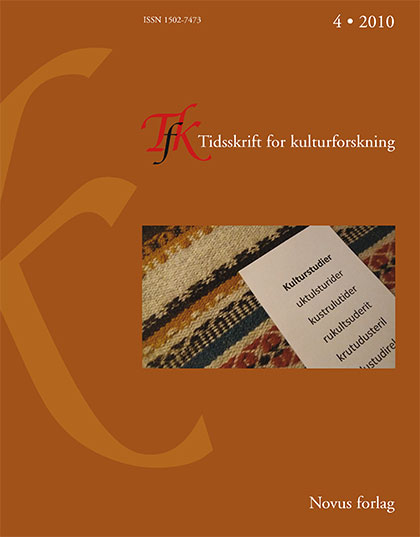Sammendrag
How can historical analyses of culture be a practice of criticising power and seeing possibilities of change? The purpose of this article is to illustrate this with some examples from a project about authoritarian leaders, harassments and offending actions in workplaces during the last 20-30 years. 'Historical' is here not a word for 'past', but for a way of analysing human life. To historicise is to focus on how culture is not timeless, or given by nature, but created and shaped historically, through processes of time, and by people. In culture things often appear to be timeless and unchangeable, and this is often strengthened by naturalising and dehistoricising ways of talking and telling about life. But even the most self-evident or common ways of telling are open to alternatives and change. In recent years harassment in workplaces has increasingly been told about with focus on psychology and individual aspects of the actors: This is turning the focus away from aspects of power and social relations. Historicising analyses of dominating ways of telling about workplace experiences might be a way of criticising the premises of power. History might be a place to learn that there has never been, and never will be, only one possible way of talking and acting - not even when a colleague is stricken by offending use of power in a workplace.
Forfattere beholder opphavsretten og gir tidsskriftet rett til første publisering av arbeidet. En Creative Commons-lisens (CC BY-SA 4.0) gir samtidig andre rett til å dele arbeidet med henvisning til arbeidets forfatter og at det først ble publisert i dette tidsskriftet.

